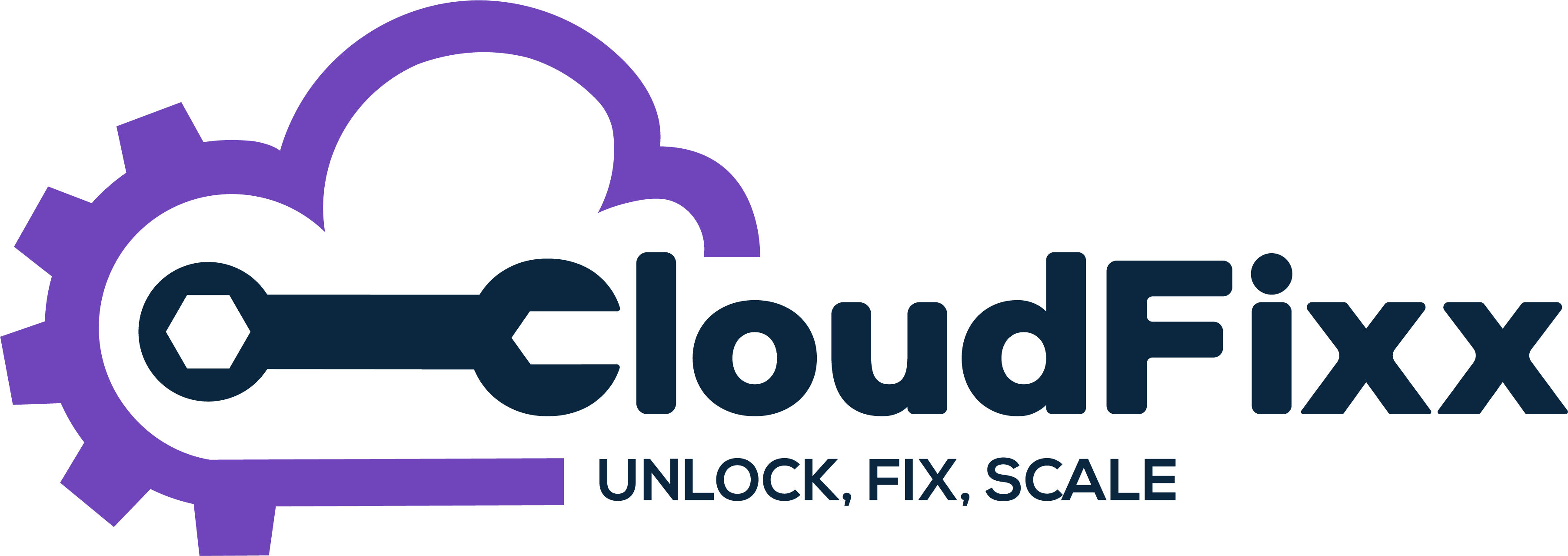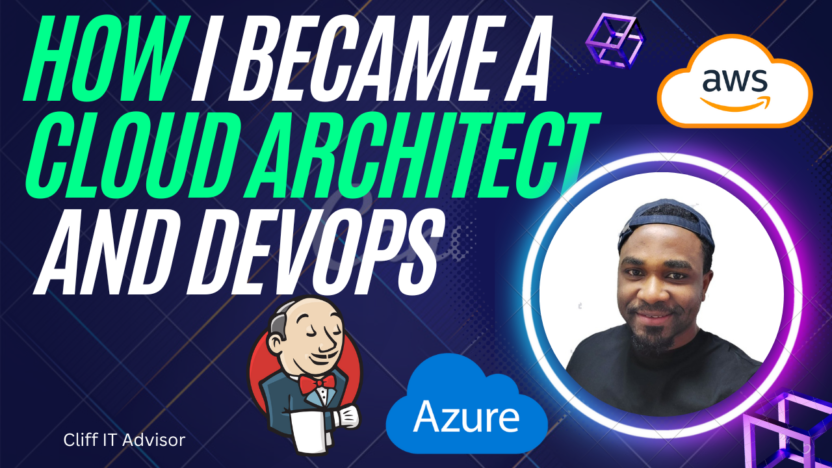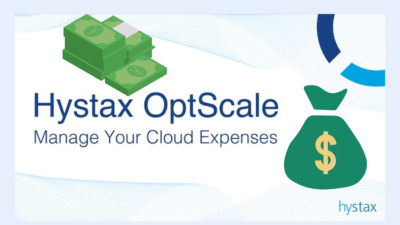The Early Days: Building a Strong Foundation
From a young age, my curiosity about how things work has always driven me. Growing up, my older brother was a DJ, and I can’t count the number of times I got into trouble for messing with his equipment. Any electronic device that caught my attention had to be opened—I just couldn’t resist figuring out what was inside.
When I entered university as a Computer Engineering student, that same curiosity fueled my passion for technology. I didn’t limit myself to one area; I thrived in algorithms, programming, networking, Linux, electronics, and databases. For my final project, I developed an Android app designed to guide users in providing first aid and locating them in emergencies. It was a challenging yet rewarding experience that cemented my love for problem-solving through technology.
DevOps Skills: The Essentials for Success
To excel in DevOps or as a Site Reliability Engineer (SRE), you need a wide array of skills. The basics include a strong command of Linux, infrastructure management (cloud or on-premises), networking, a scripting language, and monitoring tools. Understanding programming—even at a basic level—is invaluable, as it enables you to read and tweak code when developers aren’t available.
Once you’ve mastered the fundamentals, it’s essential to expand into tools and practices critical to DevOps. Version control with Git, CI/CD tools like Jenkins or GitLab, and configuration management tools like Ansible, Chef, or Puppet are just a few of the technologies that will make you stand out.
My First Steps Into DevOps
In 2014, I landed my first role as a Linux Administrator. Fresh out of university, I was eager to prove myself. My primary task was to work closely with developers to deploy a Java application on an Ubuntu server. In addition to deploying the application, I handled database manipulations (DML and DDL), reviewed logs, and monitored the application’s behavior to ensure everything ran smoothly.
At the time, DevOps wasn’t the well-defined field it is today. Developers rarely used repositories for version control, and agile methodologies were still new to many teams. Despite these challenges, it was a great environment to learn and grow, laying the groundwork for my future in DevOps.
Expanding My Horizon in Chile
When I moved from Haiti to Chile, I joined Fujitsu as a Project Engineer, a role that significantly broadened my technical expertise. At Fujitsu, I delved into Application and Network Performance Management using tools like Riverbed Technology and Dynatrace. My responsibilities also included working with virtualization through VMware and managing storage solutions with Fujitsu DX Storage and Brocade.
Cloud acceleration was at the core of Fujitsu’s mission. As the company led efforts in application acceleration solutions, I became deeply involved in cloud computing. Many clients relied on AWS, Azure, and GCP, and my role as a Solutions Architect required designing solutions tailored to their infrastructure. It was during this time that I learned the crucial importance of reducing latency in hybrid infrastructures—“Latency is the killer of any hybrid infrastructure.” This focus on low-latency solutions is what ultimately helped me hone my skills in AWS and Azure, gaining invaluable experience that shaped my career.

Diving Deeper Into DevOps
My transition into Cloud and DevOps was rooted in my Application Accleration expertise in the Cloud. Initially, my focus was on optimizing cloud infrastructure—what we now call FinOps. I worked on cost-saving measures like migrating workloads to serverless and microservices, identifying and deleting forgotten resources, monitoring utilization, and resizing instances to match actual demand.
Over time, I became more involved in CI/CD. I built Jenkins pipelines and collaborated closely with developers, but I quickly realized my passion lay elsewhere. Troubleshooting and resolving complex issues gave me a sense of accomplishment that routine CI tasks couldn’t match. My background in Linux, networking, and performance engineering allowed me to excel in identifying and solving problems effectively.
That said, I’ve also learned that DevOps isn’t always exciting. In larger organizations, DevOps teams can be highly specialized, with some roles focusing solely on tasks like pipeline creation or job execution. Spending an entire day clicking “Build” isn’t for me—I thrive on tackling challenges and making systems work seamlessly.
The Journey Continues
Cloud DevOps has been an ever-evolving journey, combining my passion for problem-solving with the opportunity to learn and adapt constantly. Whether it’s troubleshooting an application, optimizing infrastructure, or exploring new technologies, I’ve found my stride in the dynamic world of DevOps. My story continues, driven by curiosity and a commitment to making systems more efficient and reliable.
Go subscribe to My Youtube Channel:




